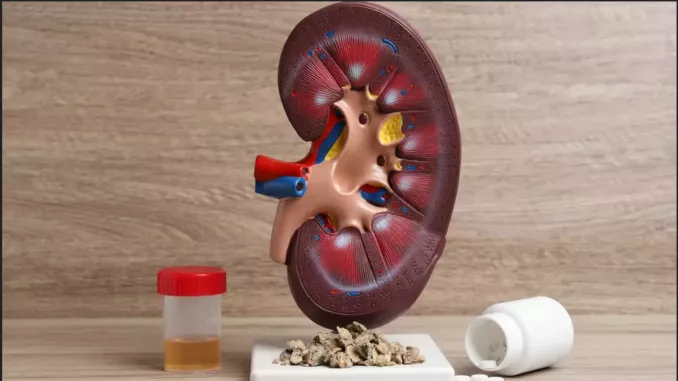
Everyday habits can have a profound impact on our heart health, and many of us are unknowingly putting our cardiovascular well-being at risk. Ahead of Heart Awareness Month, a leading cardiologist has identified five common behaviors that could be harming our hearts as reported by Independent, UK.
Firstly, a sedentary lifestyle can lead to weight gain, high cholesterol, and increased blood pressure, all of which increase the risk of cardiovascular disease. Regular exercise is essential for heart health, but it doesn't have to be intense or time-consuming. Starting with simple activities like walking, stretching, or using a stationary bike can make a significant difference. Even short bursts of activity, such as 10-minute walks, can add up over time and gradually increase stamina.
Choosing activities that you enjoy is crucial, as it makes it easier to stay motivated. Whether it's dancing, swimming, cycling, or playing a team sport, finding something fun can make all the difference. Scheduling physical activity into your daily routine, whether it's in the morning, during lunch breaks, or in the evening, can also help.
Chronic stress is another habit that can harm our heart health. Prolonged stress can raise blood pressure, increase the risk of heart attack or stroke, and encourage unhealthy coping mechanisms like overeating or smoking. Chronic job stress can also elevate blood pressure, lead to poor eating habits, and disrupt sleep, all of which can harm heart health over time.
Effective coping strategies for managing stress are essential. Regular physical activity, such as walking, yoga, or exercise, can help release built-up tension and improve mood by boosting endorphins. Mindfulness techniques like meditation, deep breathing, or progressive muscle relaxation can also calm the mind and reduce stress levels.
Not prioritizing sleep is another behavior that can harm our heart health. Lack of sleep or poor-quality sleep can increase blood pressure, contribute to obesity, and disrupt the body's natural repair processes. Sleep disorders like sleep apnea can also significantly affect heart health.
Establishing a consistent sleep schedule is crucial for aiding natural, restful sleep. Going to bed and waking up at the same time every day, even on weekends, can help regulate the body's internal clock and promote a more consistent sleep pattern. Engaging in calming activities before bed, such as reading, and avoiding stimulating activities like watching intense TV shows, can also help.
Avoiding consuming too much caffeine, nicotine, and/or alcohol in the evenings is also essential. Consuming caffeine or nicotine in the late afternoon and evening can interfere with sleep, while alcohol may initially make you feel sleepy but can disrupt your sleep cycle later in the night.
Not getting enough sunlight is another habit that can harm our heart health. A lack of sunlight exposure can lead to vitamin D deficiency, which has been linked to higher blood pressure, inflammation, and an increased risk of heart disease. Safe sun exposure or supplementation can help maintain heart health.
Taking short breaks to step outside and soak up some sun, especially in the morning when the sun is less harsh, can make a big difference. Aiming to get outside for at least 15-30 minutes each day can help maintain heart health. Taking walks, sitting in a park, or enjoying outdoor activities like gardening, walking the dog, or having lunch outside can also help.
Finally, social isolation can also harm our heart health. Being socially isolated or feeling lonely can increase the risk of heart disease, trigger stress, raise blood pressure, and negatively affect immune function, all of which can harm heart health.
Improving social isolation takes time and effort, but making intentional efforts to connect with others and build relationships can enhance our social support network and overall well-being, ultimately improving our heart health. Reaching out to friends or a family member if you are feeling lonely, or considering joining a new club or group, can help alleviate social isolation and improve heart health.
















Comments